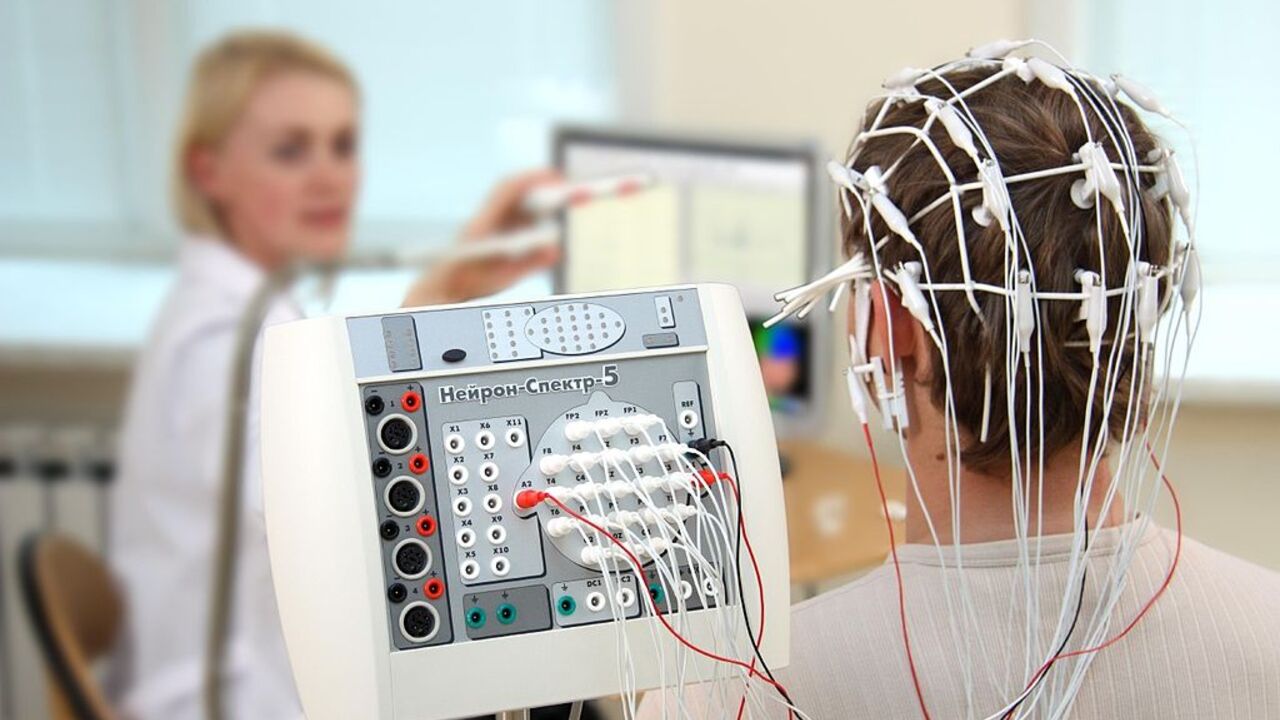Researchers from the IKBFU I. Kant and the National Center for Medicine and Surgery. NI Pirogov has developed a program that can diagnose epilepsy based on electroencephalography (EEG) data. An article by scientists describing this development was published in the journal Applied Science.
According to the World Health Organization, epilepsy, which affects 50 million people, is characterized by seizures in which abnormal synchronization of brain neurons occurs. Often they pass without external manifestations, so many people may not even suspect that they are sick. An EEG is used to record the electrical activity of the brain for the diagnosis and treatment of epilepsy. However, this data is processed manually by the doctor, which takes up to six hours for a patient.
The Russian scientists’ program can independently search for EEG data for signs of abnormality specific to a seizure condition. The algorithm is based on machine learning without a “teacher” – it independently reveals patterns and hidden relationships in unlabeled data without relying on patterns, unlike neural networks. The program performs pre-labeling of EEG signals and highlights parts with suspected epileptic seizures. These parts are then checked by a doctor.
According to the scientists, this principle makes the diagnostic process more transparent and controllable and reduces the risk of error for both the doctor and the program. Researchers also emphasize that the final decision rests with the expert.
An algorithm-based medical decision support system will reduce EEG processing time to 10-20 minutes, one of its developers stressed, principal investigator at IKBFU’s Baltic Center for Neurotechnologies and Artificial Intelligence. I. Kant Alexander Khramov.
Source: Ferra
I am a professional journalist and content creator with extensive experience writing for news websites. I currently work as an author at Gadget Onus, where I specialize in covering hot news topics. My written pieces have been published on some of the biggest media outlets around the world, including The Guardian and BBC News.











